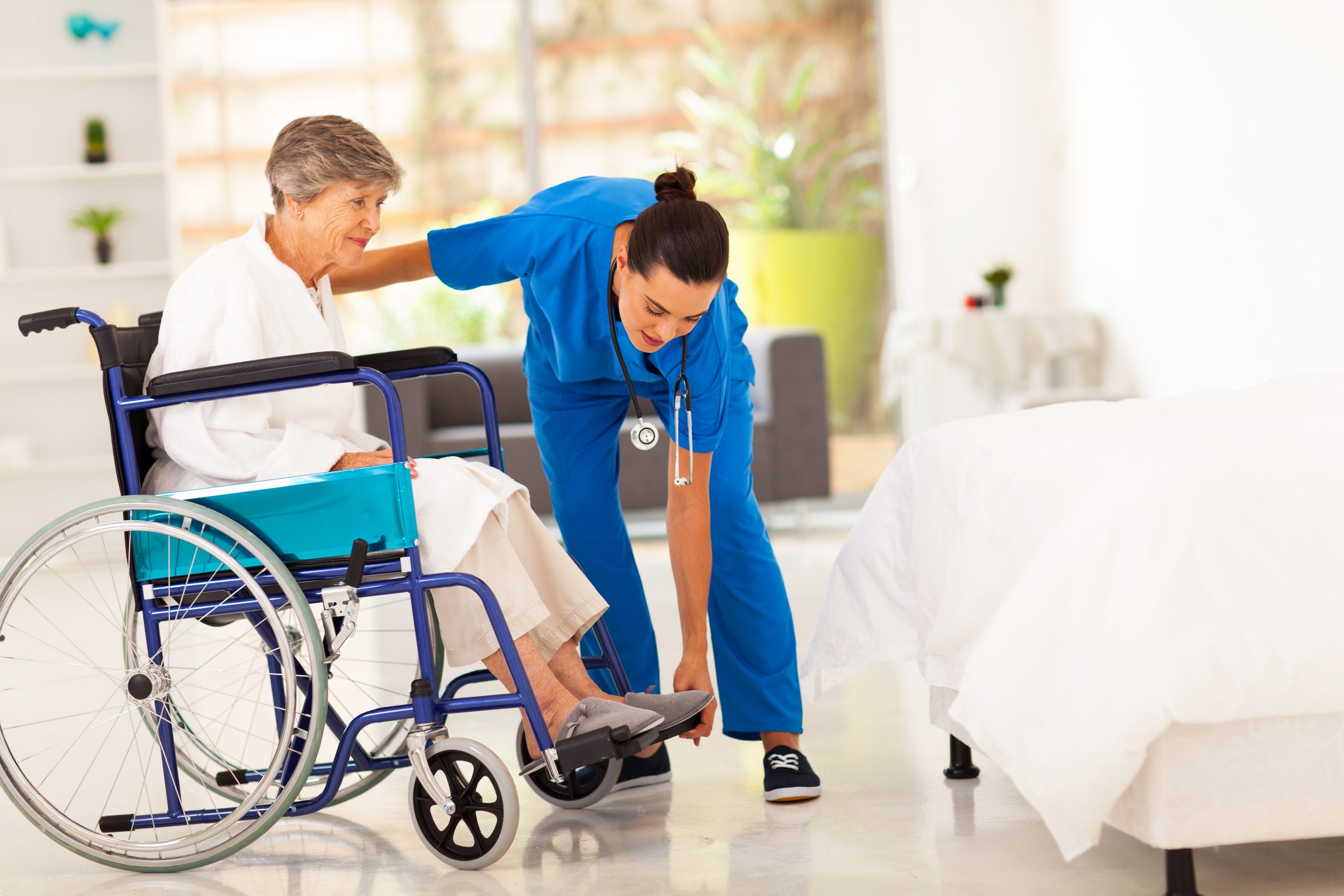
The Essential Role of Caregivers in Home Care: How They Can Make Your Daily Routine Easier
Caregivers are an essential part of a home care team, providing invaluable support to those in need. They can help make a difficult and challenging daily routine easier by providing companionship, assistance with activities of daily living, and emotional support. Caregivers are often in the unique position of being a close friend, confidant, and advocate for their clients, making them an invaluable part of home care. With their help, individuals can remain in their homes longer, leading healthier, more independent lives. Caregivers can also provide valuable insight into the specific needs and wants of their clients, enabling them to create personalized plans for their care. By understanding their role and the ways they can make life easier for those they care for, caregivers can provide an invaluable service to those in need.
What is a Caregiver?
A caregiver is a professional who provides care for those who are unable to care for themselves, either due to age, physical or mental illness, or disability. Caregivers provide a range of services from personal care and companionship to assistance with activities of daily living, such as bathing, dressing, and meal preparation. Caregivers can also provide emotional and mental support, helping to reduce feelings of loneliness and isolation. They are often seen as an extension of a family, providing an extra layer of support and companionship to those they care for.
Benefits of Having a Caregiver
The benefits of having a caregiver are numerous. For those who are struggling with daily tasks, a caregiver can provide much-needed assistance. They can help with activities of daily living, such as preparing meals, bathing, and dressing. They can also provide companionship, conversation, and emotional support. Caregivers can also help to manage medications and provide transportation to appointments. Having a caregiver can help improve quality of life, allowing individuals to remain in their homes longer, and live healthier, more independent lives.
Understanding the Role of a Caregiver
It is important to understand the role of a caregiver and the responsibilities they have. Caregivers should be knowledgeable about their clients’ needs and wants and should be prepared to offer assistance and support as needed. Caregivers should also be able to recognize signs of distress or changes in a client’s condition and take appropriate action. They should also be able to recognize and understand cultural differences and be sensitive to their client’s needs and preferences.
The Caregiver-Client Relationship
The relationship between a caregiver and their client is an important one. A caregiver should be knowledgeable and understanding of their client’s needs and preferences and should provide support and companionship as needed. It is important for caregivers to be patient and understanding, and to develop an open, trusting relationship with their client. This is essential for providing the best care possible.
Developing a Care Plan with a Caregiver
When working with a caregiver, it is important to develop a care plan that outlines the type of care needed and how it will be provided. This plan should include the services the caregiver will provide, the frequency of care, and any special needs or circumstances that require additional attention. The plan should also include a timeline for when tasks should be completed and any specific instructions for providing care.
Activities to Enjoy with a Caregiver
Caregivers can provide companionship and emotional support to their clients and can help them remain active and engaged. Caregivers can assist with activities such as shopping, going for walks, and attending social events. They can also help with hobbies, such as reading and crafting, or playing games. Caregivers can also take their clients on outings to local attractions or parks, or help them participate in activities they enjoy.
The Importance of Caregiver Training
Caregiver training is essential for providing quality care. Caregivers should be knowledgeable about the needs and wants of their clients and should be familiar with any special circumstances or conditions that may require additional attention. Training should include topics such as safety, medication management, and communication techniques. Caregivers should also be familiar with any equipment or devices that may be used in providing care.
How Caregivers Can Help Make the Daily Routine Easier
Having a caregiver can help make the daily routine easier. Caregivers can provide assistance with activities of daily living, such as meal preparation, bathing, and dressing. They can also help to manage medications, provide transportation to appointments, and offer companionship and emotional support. Caregivers can also help to ensure that tasks are completed on time and help to make sure their clients’ needs are met.
Tips for Communicating with a Caregiver
Communication is essential for ensuring that a caregiver understands their client’s needs and wants. It is important to be open and honest with a caregiver and to provide clear instructions and expectations. Caregivers should be asked to provide feedback and updates on their client’s condition and progress and to offer suggestions for ways to improve care. It is also important to be respectful and understanding and to provide praise and appreciation for a job well done.
Conclusion
Caregivers play an essential role in home care, providing invaluable support to those in need. By understanding their role and the ways they can make life easier for those they care for, caregivers can provide an invaluable service to those in need. With their help, individuals can remain in their homes longer, leading healthier, more independent lives. Caregivers can also provide valuable insight into the specific needs and wants of their clients, enabling them to create personalized plans for their care. Through their assistance and companionship, caregivers can help make a difficult and challenging daily routine much easier. Contact us today to learn more about our services and caregivers.

